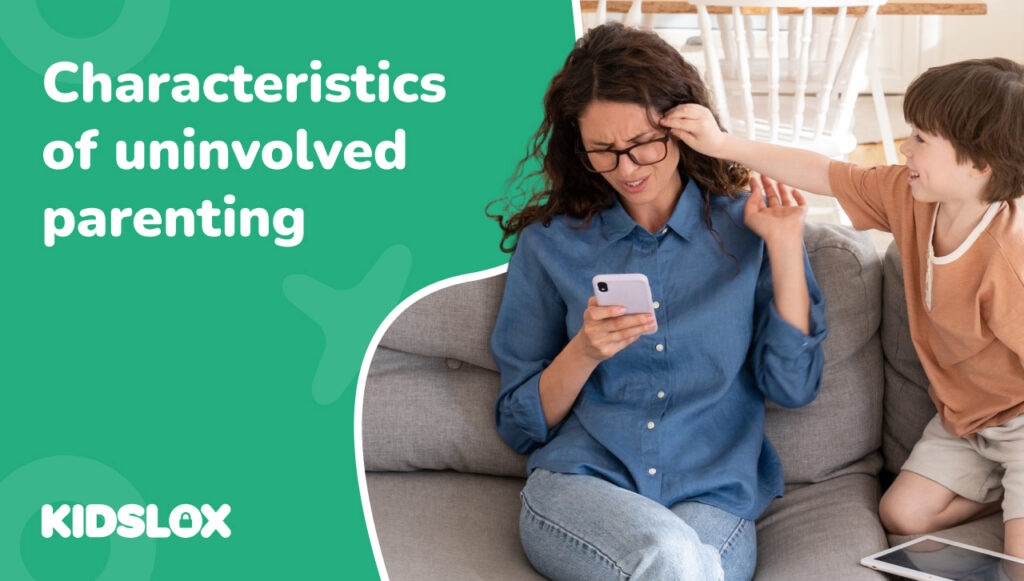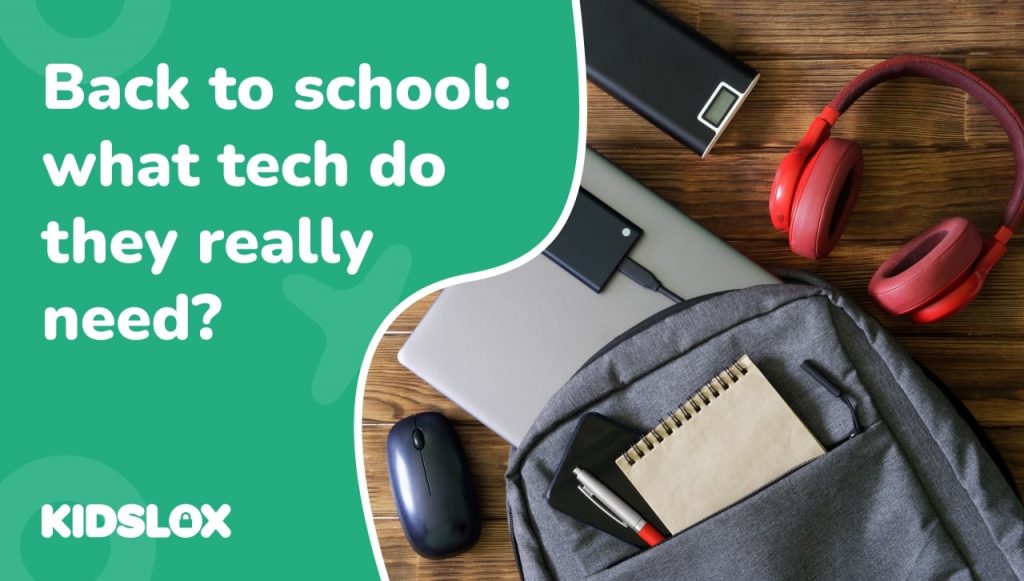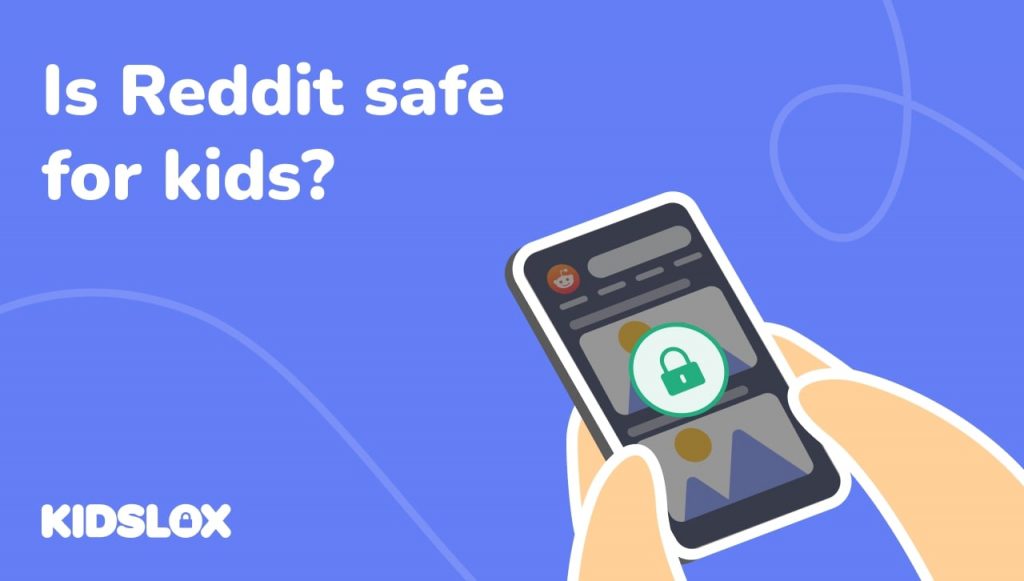Understanding the Uninvolved Parenting Style and How to Reconnect
While neglectful or uninvolved parenting is often discussed in the context of everyday family life, neglect itself is a much broader concept.
Neglect refers to the failure to meet a child’s basic physical, emotional, or developmental needs. It can happen in any family and doesn’t always stem from a lack of love. Often, it’s the result of stress, mental health struggles, financial pressure, or simply not recognising what a child truly needs at different stages of their development.
When a child’s wellbeing is consistently overlooked, even unintentionally, the impact can be long-lasting.
In this Guide To, we’ll start by looking at how the term is used in developmental psychology to describe one of Diana Baumrind’s four parenting styles: the neglectful or uninvolved parenting style. We’ll explore what it means, how it differs from other approaches, and what parents can do to stay engaged and connected in everyday life.
Neglectful Parenting and Uninvolved Parenting Styles Defined
To understand where neglectful (or uninvolved) parenting sits in the bigger picture, it helps to look at developmental psychologist Diana Baumrind’s four classic parenting styles.
Baumrind’s model, developed in the 1960s and still widely used today, describes four main approaches to parenting:
- Authoritative parenting – warm, supportive, and consistent. Parents set clear rules but encourage independence and dialogue. This style is linked to the healthiest child outcomes overall.
- Authoritarian parenting – strict, rule-based, and less emotionally responsive. Parents expect obedience and may rely on punishment rather than discussion.
- Permissive parenting – nurturing and indulgent but with few boundaries. Parents are responsive but often struggle to enforce limits or consequences.
- Neglectful (uninvolved) parenting – low in both responsiveness and demandingness. Parents provide little structure, support, or guidance, often leaving children to manage themselves.
Uninvolved parenting is seen as a low-engagement approach, where parents meet a child’s physical needs, but provide limited emotional involvement or behavioural expectations.
In practical terms, this might mean:
- Not setting clear rules or routines.
- Offering little emotional warmth or encouragement.
- Being unaware of a child’s friends, hobbies, or online activities.
- Allowing significant independence without supervision or support.
Children raised under the neglectful parenting style often grow up feeling disconnected or uncertain about boundaries. They may become self-reliant early on, but they can also struggle with emotional regulation and relationships later in life.
How Neglectful Parenting Differs From the Other Styles
While authoritarian parents are highly demanding and permissive parents are highly responsive, neglectful parents are low in both areas; they neither set expectations nor provide much support.
It’s important to note that most families don’t fit neatly into one category. Parenting styles exist on a spectrum, and people may move between them at different stages of life or under different pressures.
Understanding Baumrind’s four parenting styles isn’t about labelling or judging. It’s about identifying patterns, and realizing that even small increases in responsiveness and communication can shift a family dynamic toward the healthier, more balanced authoritative style.
Why Uninvolved or Neglectful Parenting Happens
Uninvolved parenting often stems from circumstance, not intention. Parents might fall into this pattern due to:
- Work or financial stress: Long hours and fatigue make consistent connection difficult.
- Mental health challenges: Anxiety, depression, or burnout can leave parents emotionally drained.
- Lack of support systems: Single parents or those without strong community networks can become isolated.
- Over-reliance on technology: Children become absorbed in screens while parents assume they’re occupied and safe.
- Personal history: Parents who experienced emotional distance in their own upbringing may unintentionally repeat that pattern.
Understanding these causes isn’t about blame, it’s about recognizing how easily uninvolvement can creep into modern family life and learning how to course-correct.
Parenting styles don’t exist in isolation. Cultural expectations, community values, and social pressures all shape how involved parents feel they can or should be. In some cultures, independence is encouraged early, while in others, close family involvement lasts well into adulthood.
Modern life also adds new pressures with long work hours, the cost of living, and social media comparisons can make parents feel they’re constantly falling short. Recognising these external influences helps shift the focus from blame to understanding: it’s not about “good” or “bad” parenting, but about finding balance in an ever-changing world.
The Uninvolved (or Neglectful) Parenting Style in Practice
The uninvolved parenting style tends to show up as absence rather than action. Instead of clear boundaries and communication, there’s distance or inconsistency.
Typical signs of this style include:
- Limited communication or emotional support.
- Irregular routines or expectations.
- Little involvement in school or extracurricular activities.
- Minimal awareness of a child’s habits, friends, or challenges.
- Allowing full digital freedom without supervision or guidance.
How Technology Shapes Modern Uninvolved Parenting
Technology has transformed family life, and while it offers incredible benefits like connection, education, entertainment, it can also create distance.
1. Lack of digital guidance
Children today grow up surrounded by devices and social platforms. Without active parental guidance, they can easily encounter inappropriate content, cyberbullying, or unhealthy online influences.
Failing to discuss or supervise a child’s online life can leave young people without the boundaries and safety nets they need.
2. Overtrusting independence
Many parents trust their children’s judgment online, especially as they get older. But independence without oversight can expose children to risks. Open conversations, rather than silent monitoring, strike the healthiest balance.
3. Digital overload
Even if families spend time together, constant screen use can erode communication. If family interactions are mostly digital, there’s a risk that real world relationship skills suffer.
4. Building healthy tech involvement
Involved parenting doesn’t mean invading privacy. It’s about creating shared understanding:
- Talking about what your child does online.
- Setting screen time limits together.
- Using parental control tools as conversation starters, not punishments.
- When parents take interest in their child’s digital world, they send a powerful message: “I care about what happens to you, online and off.”
Examples of Uninvolved or Neglectful Parenting
Uninvolved parenting can appear in subtle ways. Here are some examples of uninvolved parenting (or neglectful parenting examples) to help clarify the difference between independence and absence:
- Minimal communication: The parent doesn’t ask about school, friends, or feelings.
- Few boundaries: The child sets their own bedtime, schedule, and screen time with no discussion.
- Low supervision: Parents rarely check in on online activity, who their child talks to, or what apps they use.
- Limited emotional connection: Parents offer basic care but not much warmth or encouragement.
- Reactive, not proactive: Rules or guidance only appear after a problem occurs.
The Impact of Uninvolved Parenting on Children
When children don’t receive consistent emotional attention or boundaries, they may struggle to feel secure. Research suggests that kids raised with uninvolved parenting often show:
- Lower self-esteem
- Difficulty managing emotions
- Poor academic motivation
- Higher likelihood of risky online or offline behavior
- Trouble trusting others or forming healthy relationships
Recognizing the Signs of Uninvolved Parenting
You might be drifting toward uninvolved parenting if:
- You feel disconnected from your child’s online or social life.
- You’re unsure which apps or games they use.
- Family time is rare or dominated by screens.
- Your child turns to friends or the internet for advice instead of you.
- You respond to issues only when they become serious.
How to Reconnect and Build a More Involved Parenting Style
Shifting away from the uninvolved parenting style doesn’t require a complete lifestyle overhaul. It’s about small, consistent actions that show your child you’re paying attention and that you care.
1. Re-establish open communication
Ask simple, specific questions: “Who did you talk to today?” or “What’s your favorite app right now?” Listen without judgment as curiosity builds connection.
2. Create digital boundaries together
Instead of setting strict limits, involve your child in the decision-making. Talk about why screen time balance matters and agree on fair rules for everyone in the family.
3. Take interest in their online world
Show genuine curiosity about the platforms they use or the games they play. You don’t have to love the same content, just showing interest helps children feel seen.
4. Model balanced tech habits
Demonstrate healthy use of devices yourself. Share family time offline and make tech-free zones (like meals or bedtime) a shared commitment, not a punishment.
5. Offer emotional availability
Be present during tough moments. A small gesture like a chat before bed, watching a show together, or asking for your child’s opinion communicates care more than big gestures ever could.
6. Use tools that support, not replace, involvement
Parental control apps like Kidslox can help parents monitor online activity and manage screen time, but they work best when paired with open conversations. Technology should be a bridge to connection, not a barrier.
A Serious Note on Child Neglect
While we have discussed neglectful parenting in terms of an approach (or lack of), neglect is dsecribed more broadly professionals, and can manifest in a variety of ways. If you are ever worried about a child, please seek professional support.
1. Physical neglect
This involves failing to provide essential care such as food, clothing, hygiene, shelter, or medical attention. A child might appear hungry, tired, or poorly cared for because their basic needs aren’t being met.
2. Emotional neglect
Emotional neglect happens when a child’s need for love, attention, or validation is ignored or dismissed. Parents may rarely show affection, respond to emotions, or offer comfort when their child is upset. Over time, this can affect a child’s self-worth and emotional stability.
3. Educational neglect
This occurs when parents or caregivers don’t ensure a child attends school, gets the support they need to learn, or has access to educational opportunities. It can lead to academic difficulties and a sense of falling behind.
4. Medical neglect
Involves failing to seek or follow through with necessary healthcare, such as missing important appointments, not giving prescribed medication, or ignoring ongoing health concerns.
5. Supervisory neglect
A form that’s become especially relevant in the digital age. This includes leaving children unsupervised for long periods or not monitoring what they’re exposed to, both in person and online. For example, not being aware of a child’s internet use or social media activity can expose them to risks like cyberbullying, inappropriate content, or online grooming.
How Neglect Can Look in Everyday Life
Neglect isn’t always obvious. It can appear quietly, in small but persistent ways — a child who’s always alone, rarely spoken to, or unsure of what’s expected of them.
Some common signs might include:
- A child who seems withdrawn, anxious, or overly independent.
- Inconsistent routines such as irregular meals or bedtimes.
- A lack of supervision, both offline and online.
- Little emotional warmth or positive feedback.
- Missing school frequently or struggling academically without support.
These signs don’t automatically mean neglect is happening, but they are signals that a child may need more attention or care.
A Final Word on Neglectful or Uninvolved Parenting
Uninvolved or neglectful parenting describes a pattern of disconnection that can be changed. Most parents fall into periods of distraction or exhaustion; what matters is how they respond once they notice it.
In today’s digital world, being an “involved parent” doesn’t mean constant supervision, it means consistent care, communication, and curiosity. Whether that’s checking in about a child’s day, exploring their favorite app together, or setting family screen-time goals, every step counts.
Parenting will always have ups and downs, and periods of distance don’t define your relationship. What matters most is the effort to reconnect and to show your child that you care, you’re listening, and you’re learning together.
If you ever feel unsure where to start, reach out for support; from teachers, parenting groups, or digital wellbeing tools that help families create healthier online habits. You don’t need to have all the answers to make a difference; being present and willing to grow is enough.





